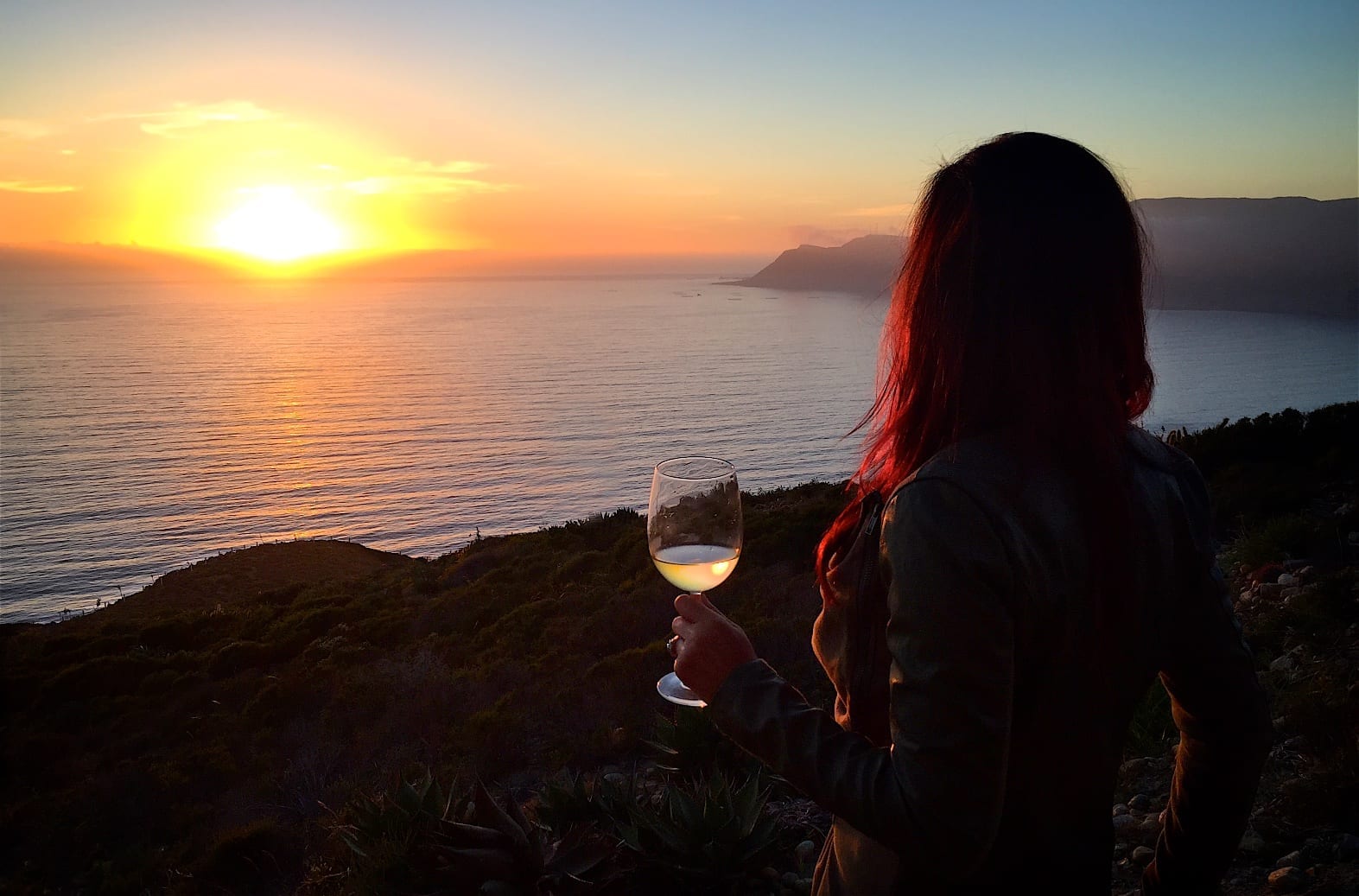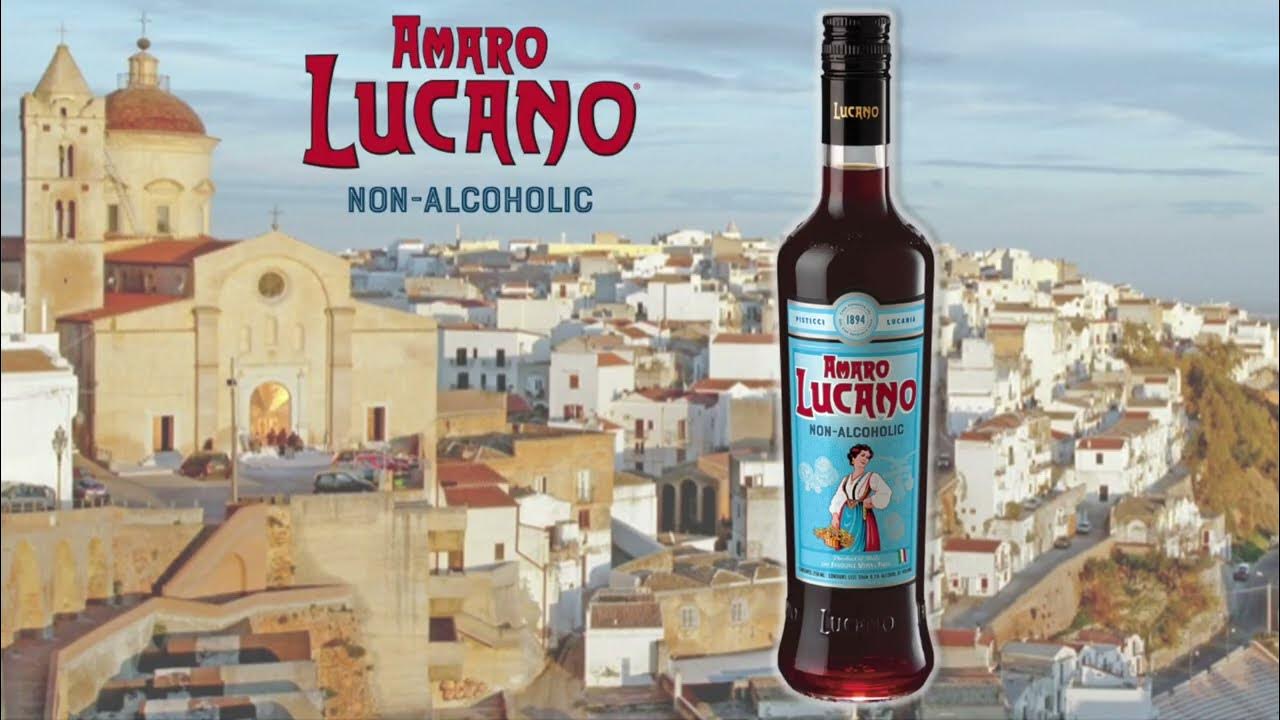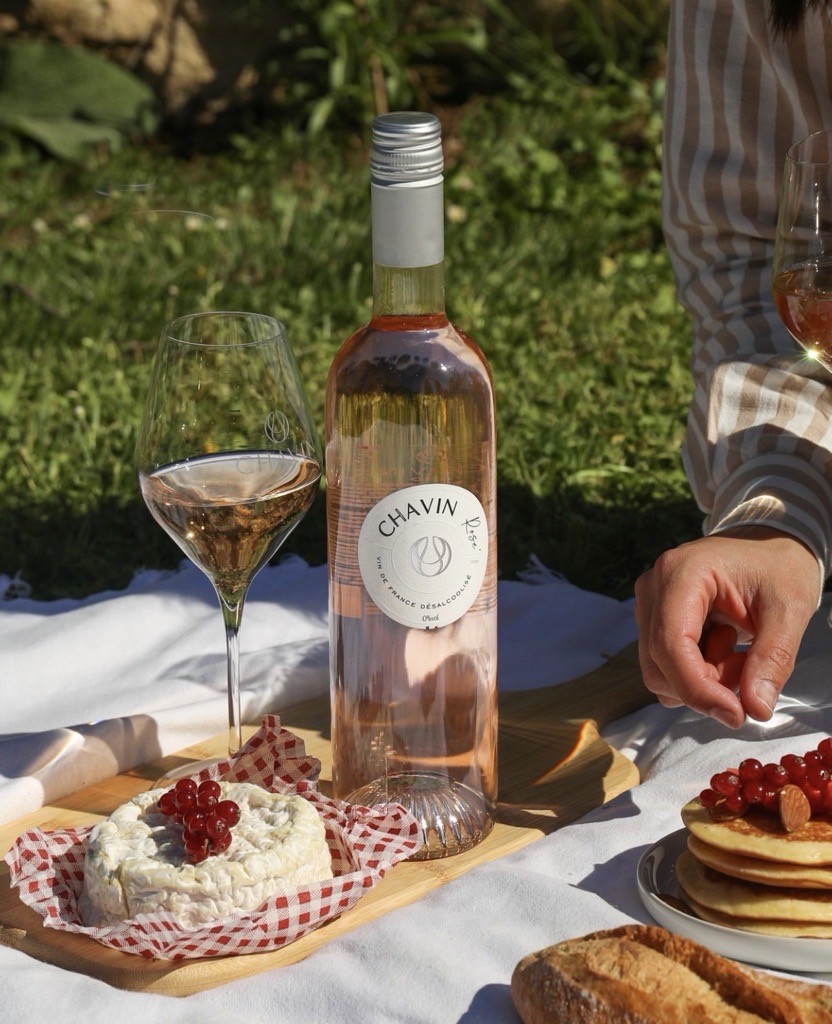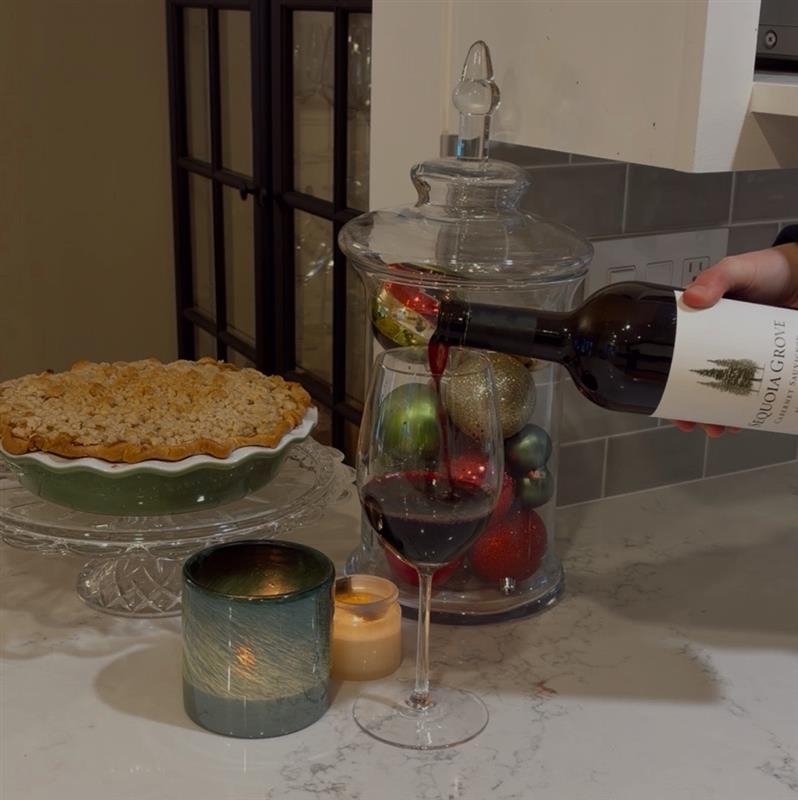Plenty of people kick off the New Year with Dry January, but when we saw another resolution pop up on Instagram, we had to try it. Leah Nebbett, @stylesandstems, announced that she was going to trade up Dry January for Try January. The goal is to expand your wine repertoire by tasting new varietals, wine regions, or producers you have never tried before. In fact, it’s a resolution we could get behind for the entire year! Here are several suggestions for starting out your own Try January.
Try January: The Wine Line-Up
Norton 101 Bubbles
Once you’ve run the gamut of the fantastic sparkling wines of the world from Champagne and the Loire Valley to Prosecco, Lambrusco, and Carneros in California, it will be fun and instructive to open a bottle from an area that’s best known for Malbec: Mendoza, Argentina. Bonus points for a grape variety that might be new to you, too, because 101 Bubbles is made from 100% Grüner Veltliner. Primarily a grape grown in Austria, Grüner (as wine people “in the know” call it) works in Argentina because Bodega Norton grows it at a chill 3,280 feet above sea level—sparkling wines are best when their grapes are grown in cool conditions, which keeps their acidity level high.
-
How well do you know sparkling wines? Sparkling Wine Quiz
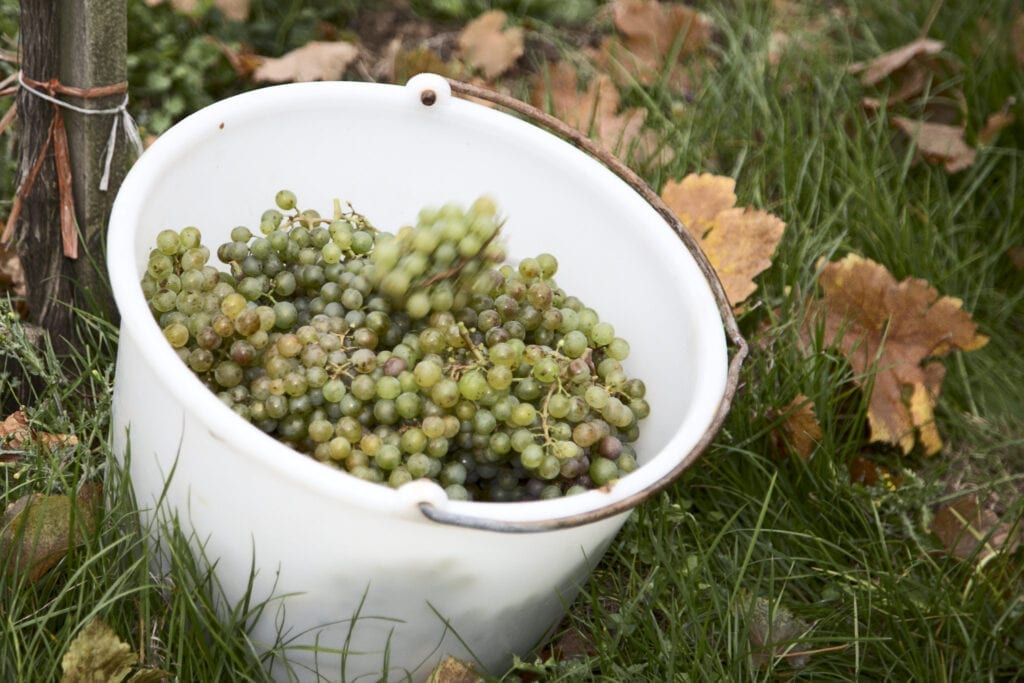
Montes Alpha Carmenère
Before we leave South America, here is a Chilean grape that you must get to know: Carmenère. The story behind this grape is one of Mistaken Identity and The Great Comeback. Chilean winemakers and farmers thought that Carmenère had been extinct for 200 years and that the grapes they were planting were Merlot. When it was discovered in the 1990s that some of the Merlot they were planting was, in fact, Carmenère, the variety grew to become Chile’s flagship variety. These wines have a medium to full body, high tannins, and notes of black fruit and herbs.
Villa Matilde Taurasi DOCG
You’d be forgiven for failing to taste all of the wines of Italy because the country purportedly has 2,000 native grape varieties. However, if you would like to expand your personal Italian wine list beyond Sangiovese and Barbera, try this iconic wine from Campania, of southern Italy. Taurasi DOCG is made from a minimum of 85% Aglianico grape. Many producers, like Villa Matilde, use 100% of the grape, so you will really get to taste what this powerhouse variety can do. With its ability to age and evolve, its complexity and versatility—it can be made to drink young or may be aged for many years, is bold and burly as well as elegant—Taurasi DOCG is considered one of Italy’s greatest wines on par with Barolo and Brunello.
Croft PINK
And here you just finished learning about Ruby and Tawny Port styles! Fear not, for you’ll have a lot of fun trying a third style of Port. Fashioned as a lighter Ruby Port, Croft actually created this new style by way of light skin contact and a cold fermentation that preserves its raspberry and cherry flavors. Lest you find yourself on the porch some hot summer evening or digesting a dinner that was heavy enough as it is, Croft Pink Port might be the exact after-dinner drink you’re looking for. You might want to try this in a Port line-up, starting with Pink and ending in Tawny, to understand how the changes in production can result in very different results. Oh, and Croft PINK is excellent in cocktails.
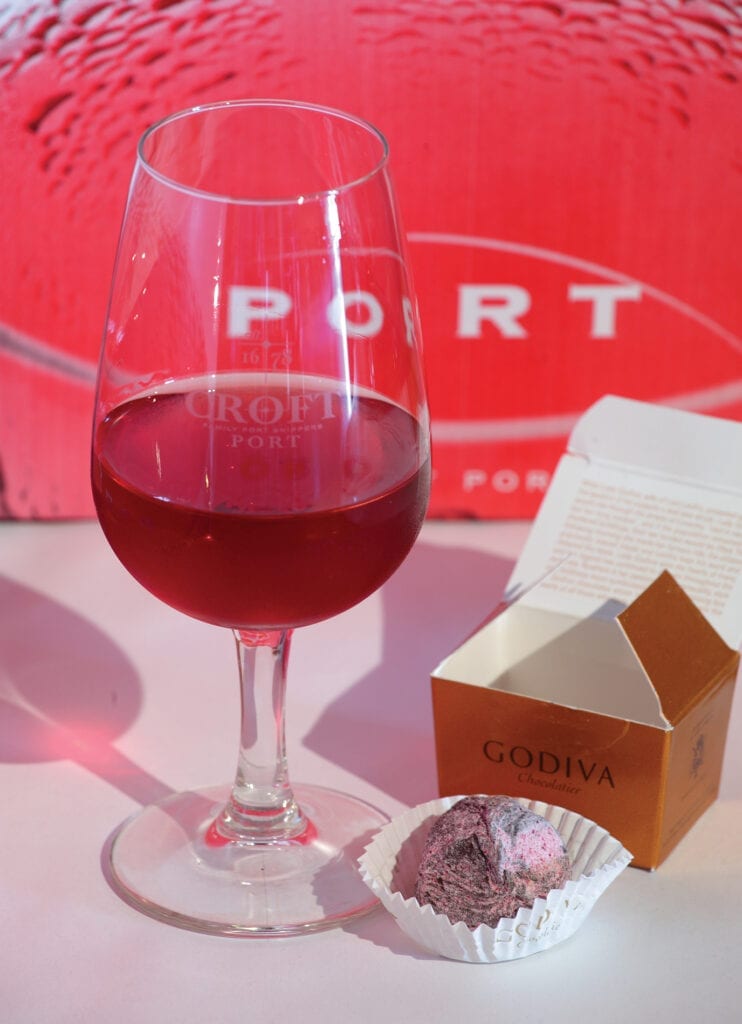
Medici Ermete Phermento Lambrusco di Modena Secco DOP
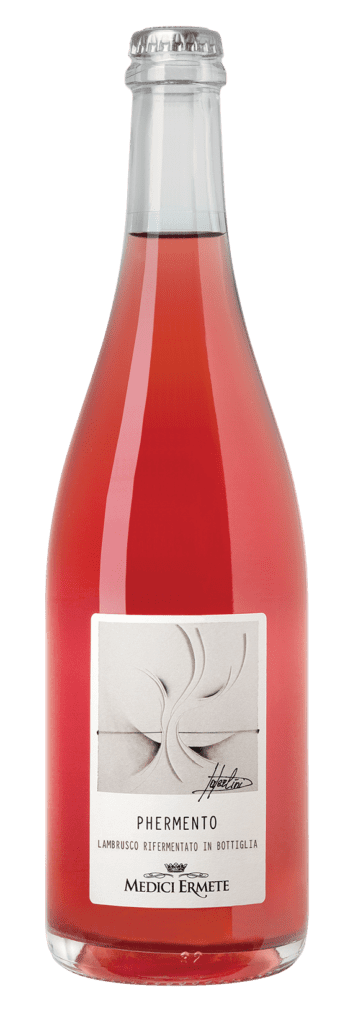 Meet the final challenge of your Try January. Have you dabbled in the natural wine world yet? Phermento is from the land of Lambrusco, made by leading Lambrusco producer Medici Ermete, but it tastes quite different from the ruby-red Brut bubbly that the region is famous for. Phermento is naturally fermented via the Ancestral method (aka, in the bottle) to Brut Nature, which is the driest of dry sparkling wines. The vines are tended with sustainable agriculture and only indigenous yeasts are used. Says its creator Alessandro Medici, son of winery owner Alberto, “We discovered 53 different strains of yeasts in our vineyards. At the end, we selected and isolated only the best yeasts, and with these yeasts we make our wines.” And besides all that, it’s a darn fun and thirst-quenching wine to drink: deep pink, lightly frizzante (it has a cap like a beer bottle!), and rich with raspberry and red fruit flavors.
Meet the final challenge of your Try January. Have you dabbled in the natural wine world yet? Phermento is from the land of Lambrusco, made by leading Lambrusco producer Medici Ermete, but it tastes quite different from the ruby-red Brut bubbly that the region is famous for. Phermento is naturally fermented via the Ancestral method (aka, in the bottle) to Brut Nature, which is the driest of dry sparkling wines. The vines are tended with sustainable agriculture and only indigenous yeasts are used. Says its creator Alessandro Medici, son of winery owner Alberto, “We discovered 53 different strains of yeasts in our vineyards. At the end, we selected and isolated only the best yeasts, and with these yeasts we make our wines.” And besides all that, it’s a darn fun and thirst-quenching wine to drink: deep pink, lightly frizzante (it has a cap like a beer bottle!), and rich with raspberry and red fruit flavors.
